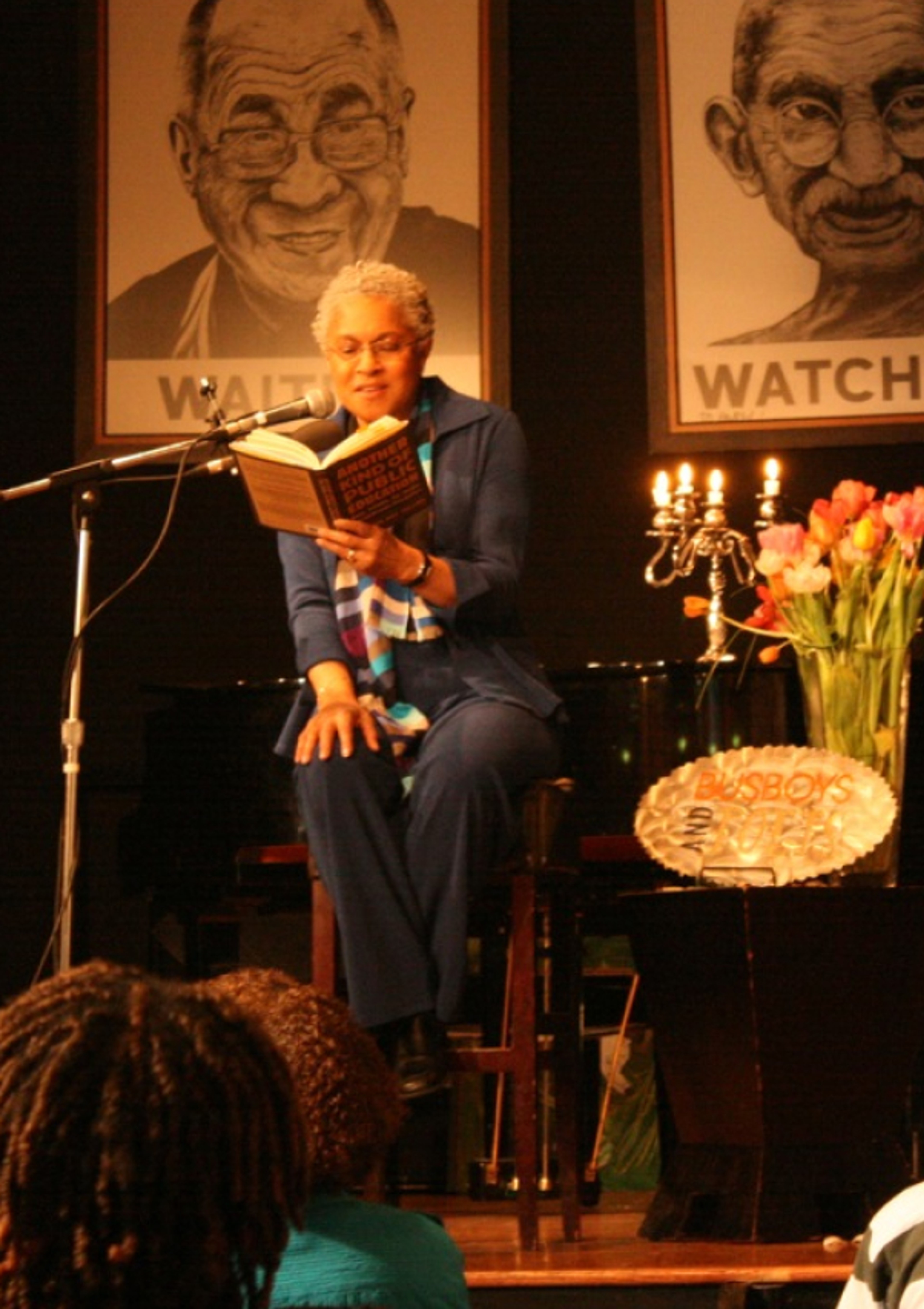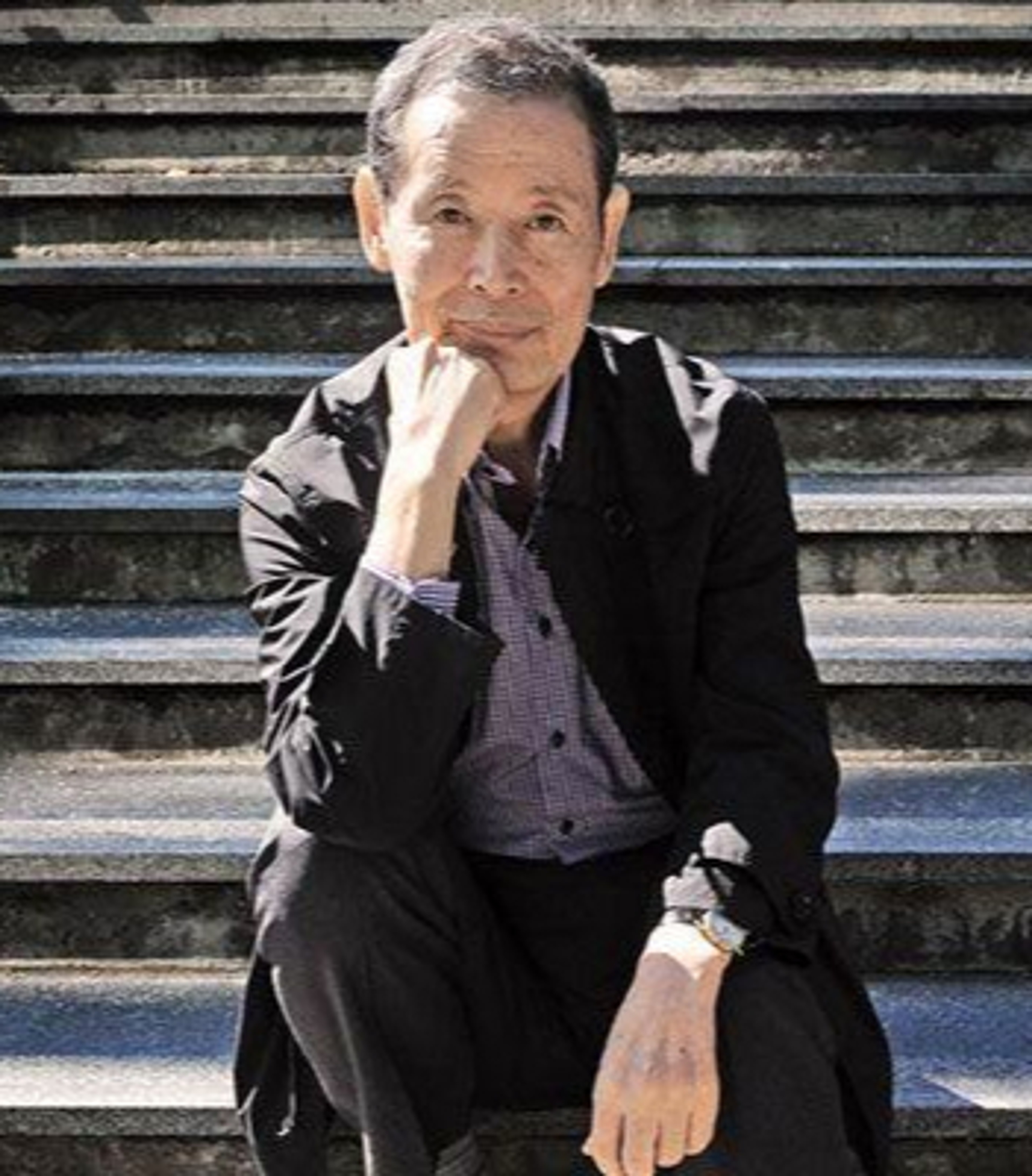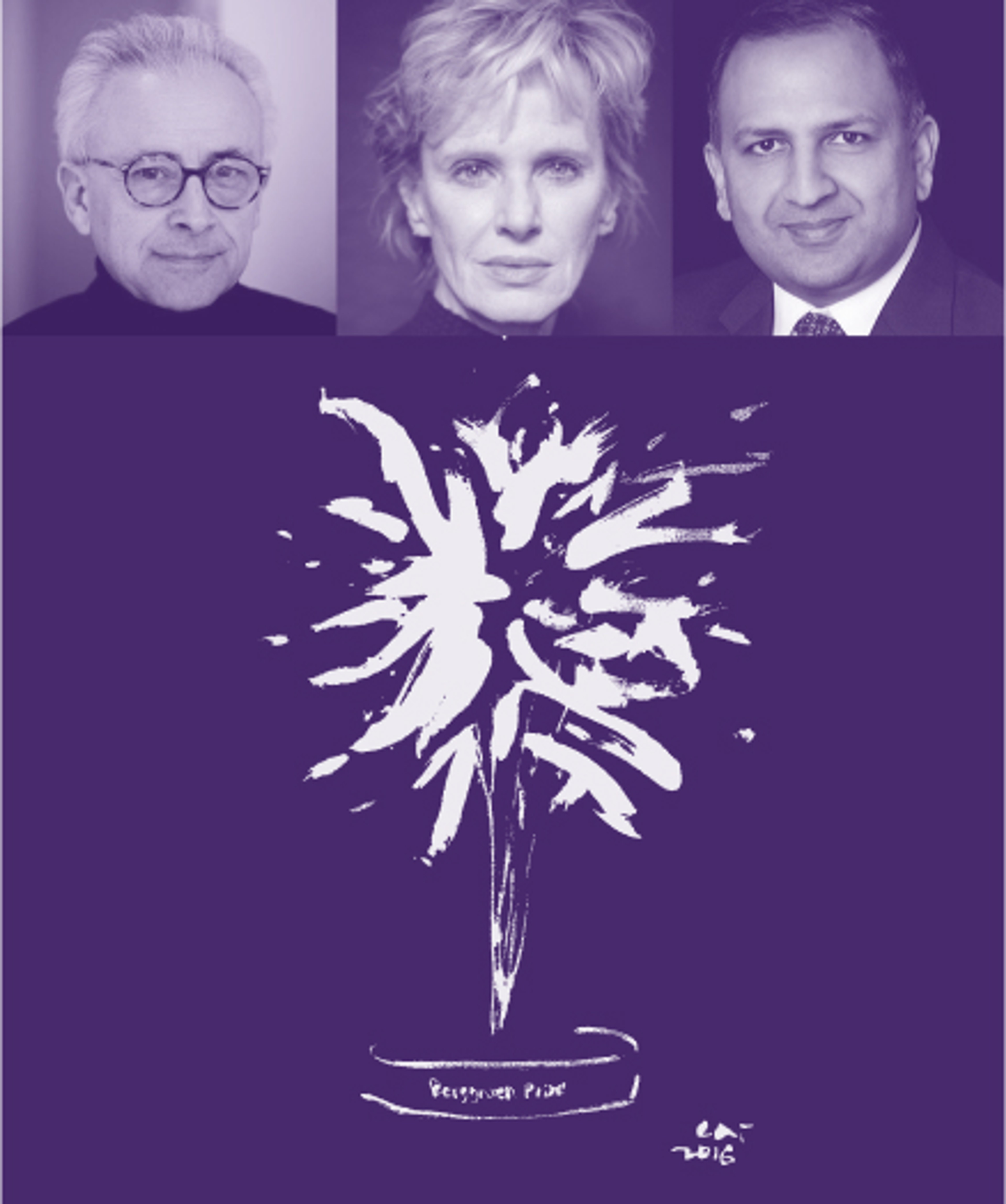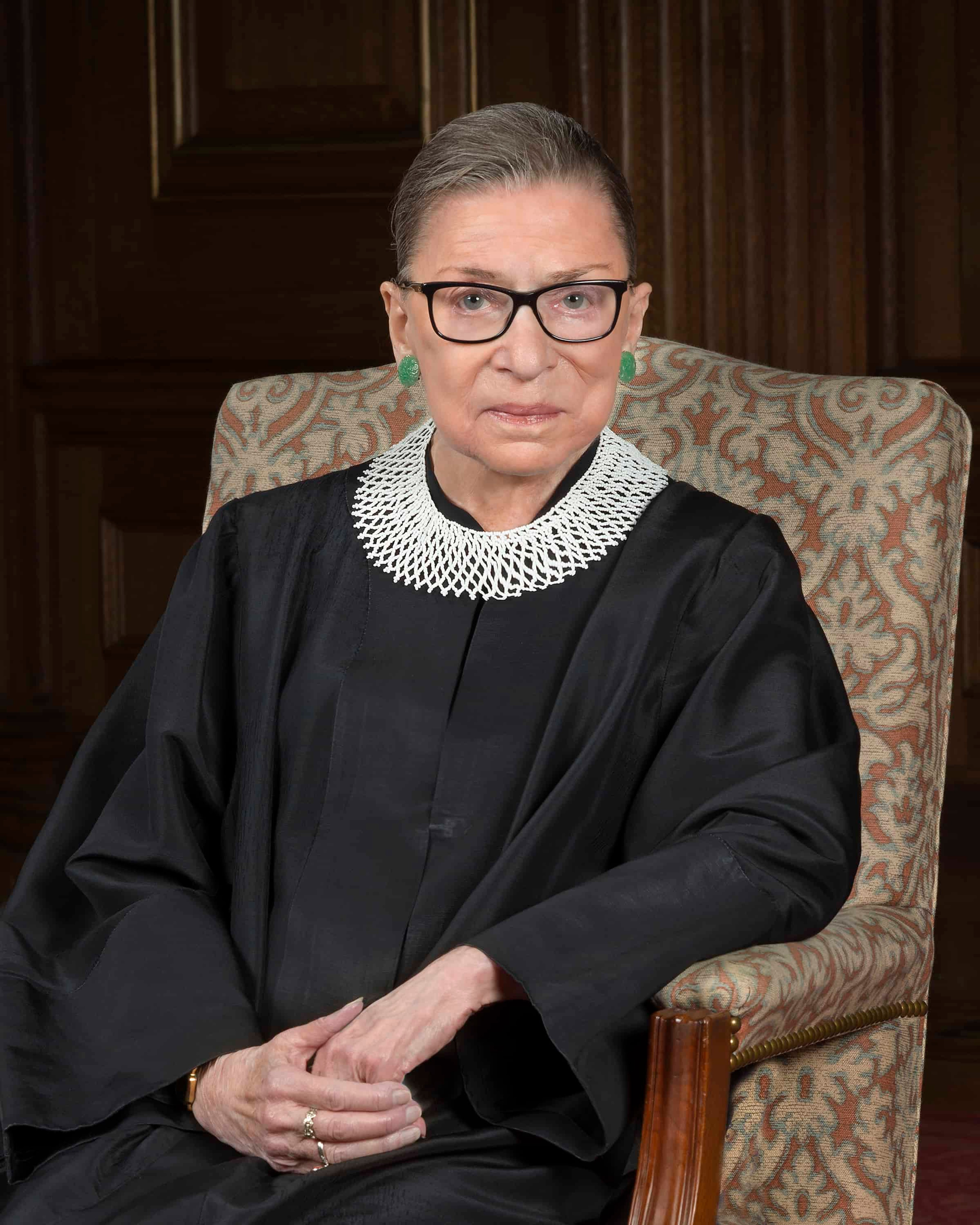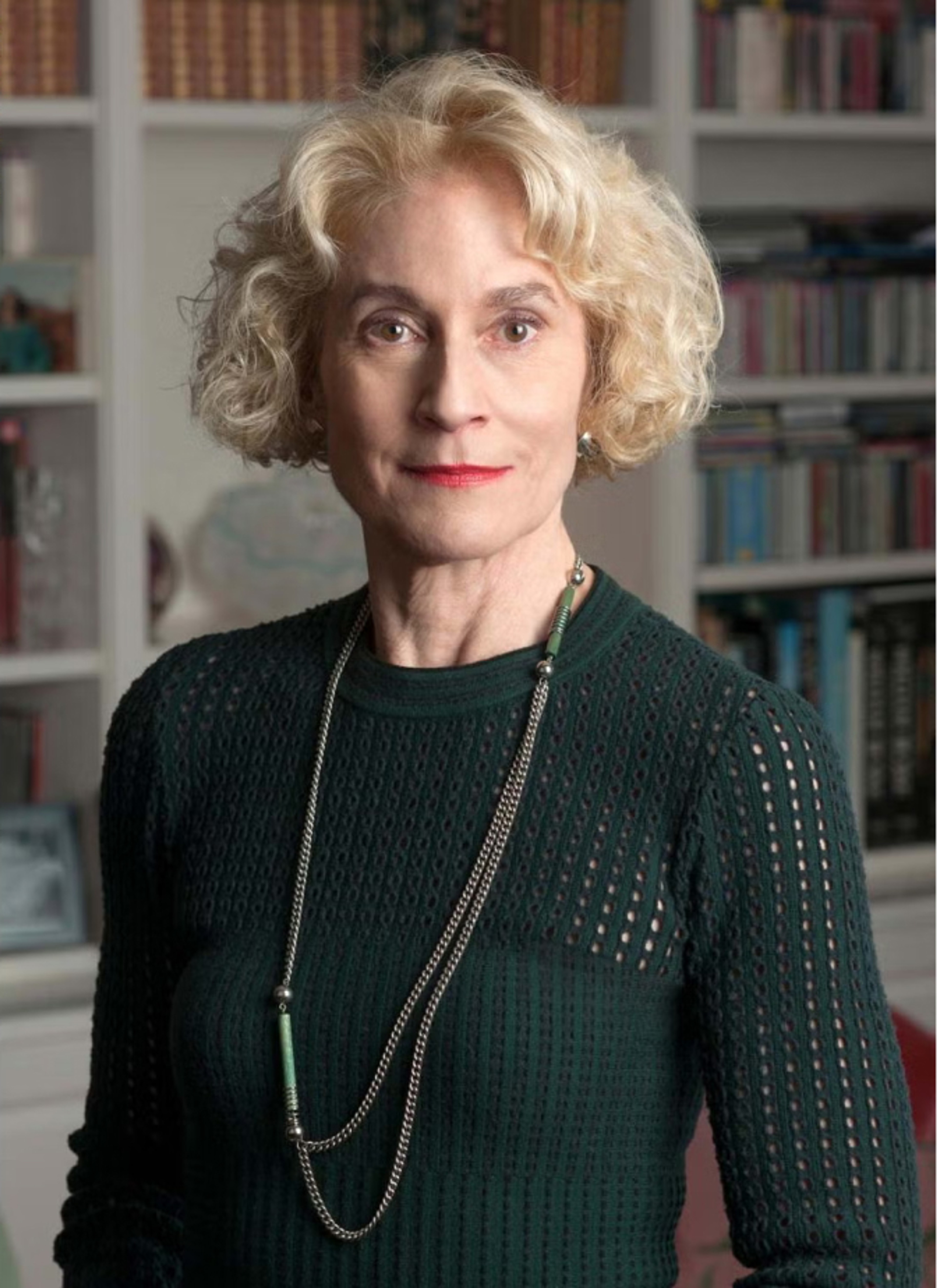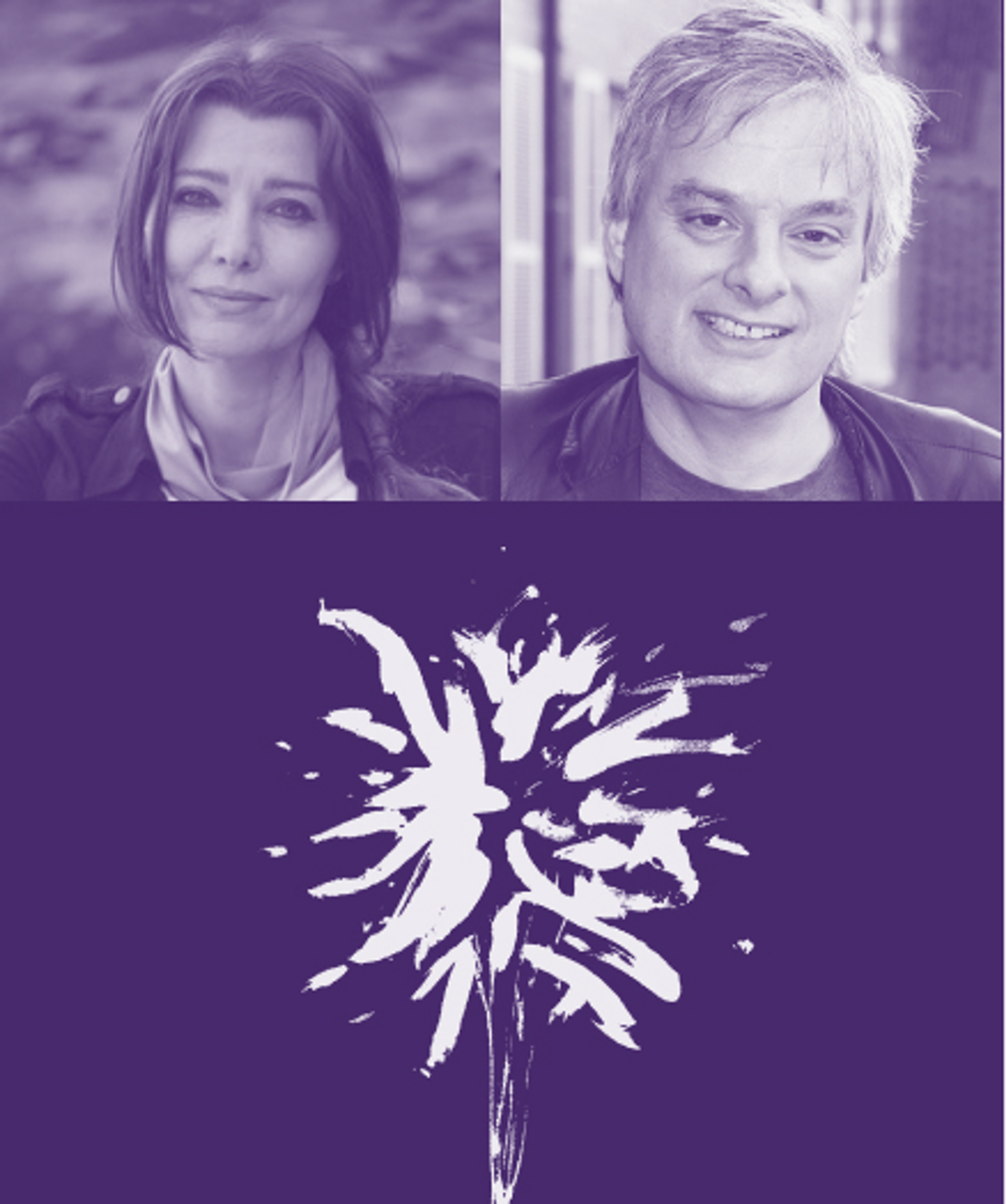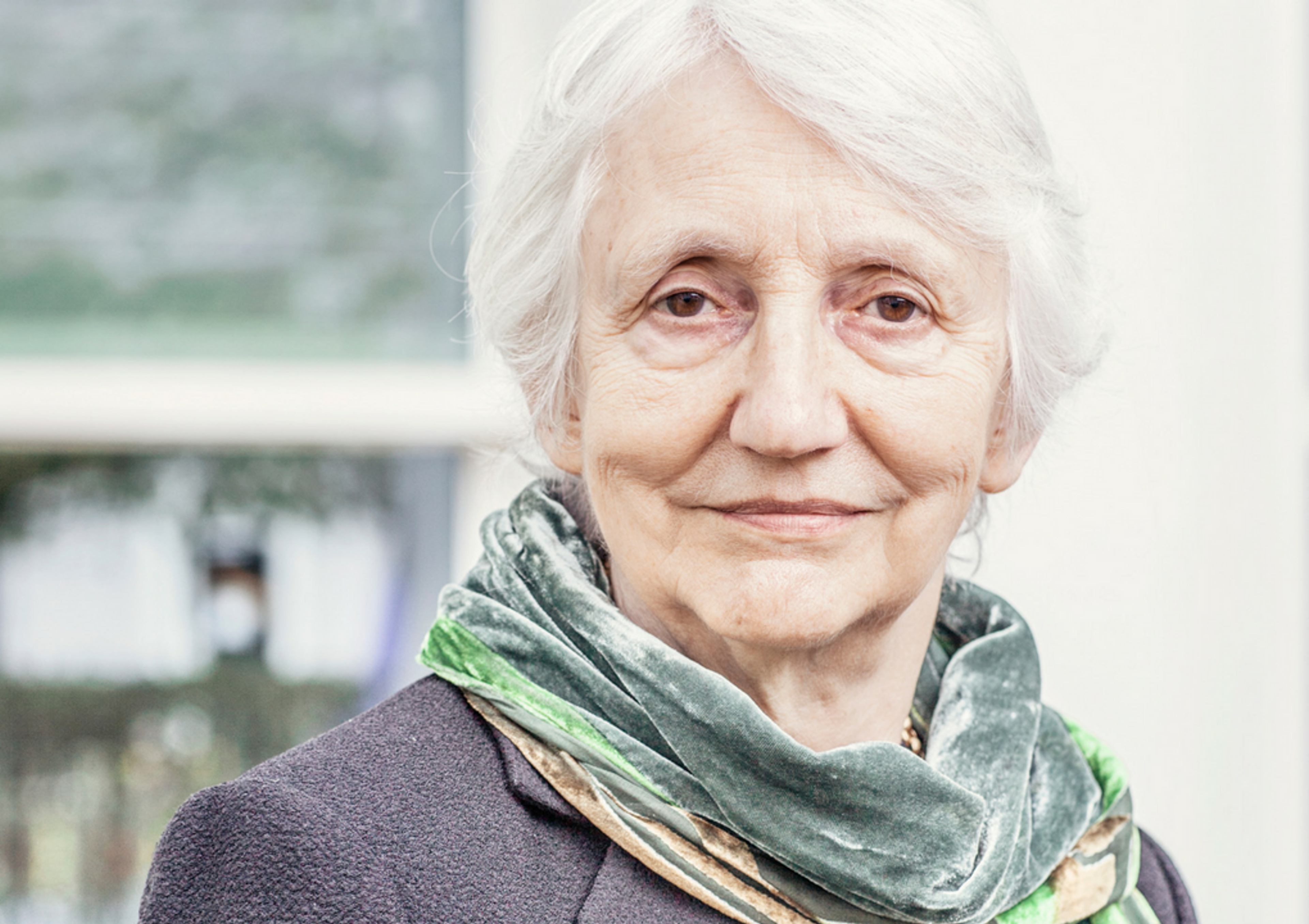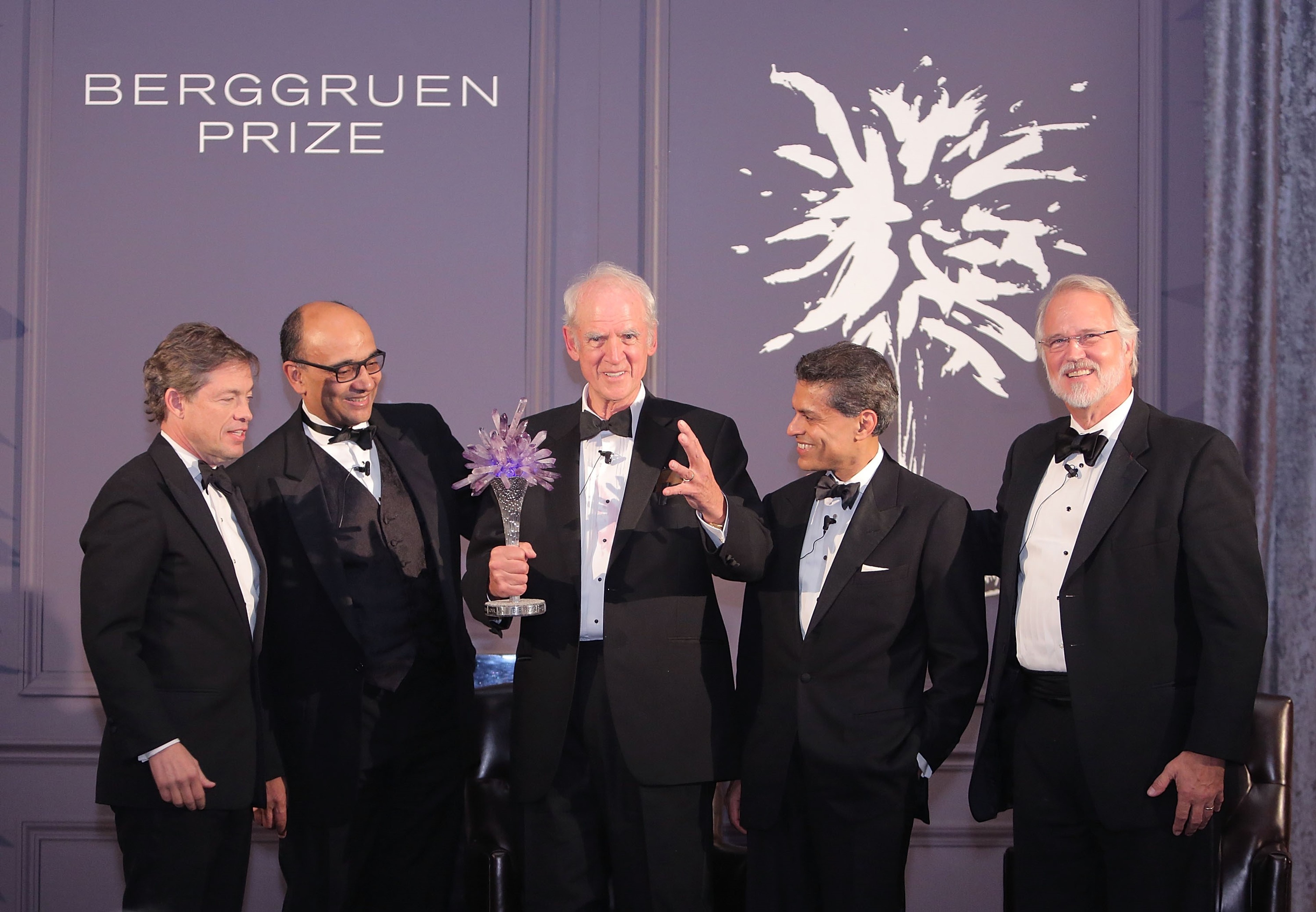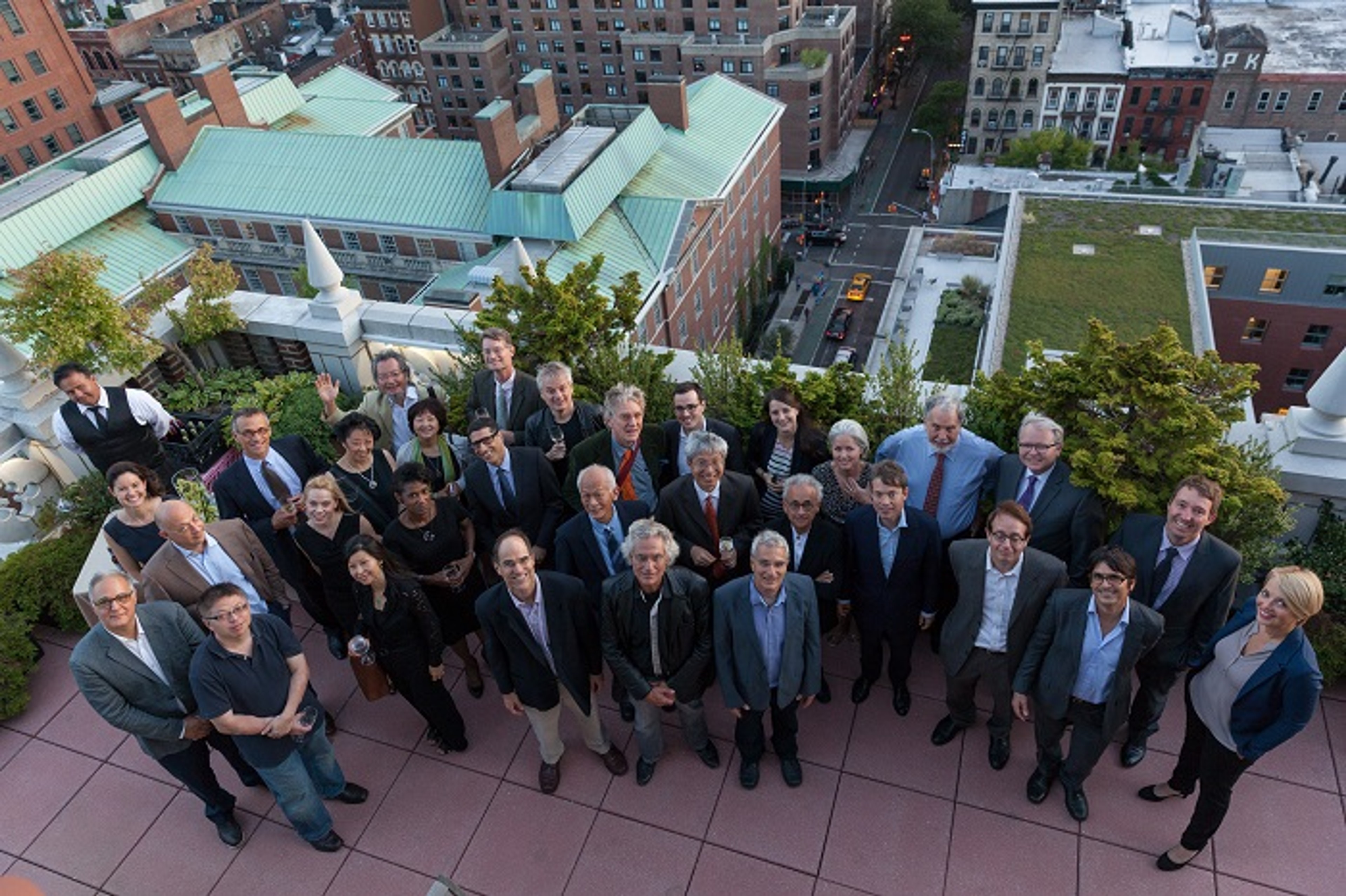Established in 2016 by philanthropist Nicolas Berggruen, the Berggruen Prize for Philosophy & Culture is a $1 million award given annually to an individual whose ideas have profoundly shaped human self-understanding and advancement in a rapidly changing world. The Berggruen Prize Laureate, selected by an independent jury composed of internationally recognized authors, philosophers, economists, and former Nobel Prize laureates, is chosen from a list of nominees spanning diverse fields of research and practice. During each annual nomination period, the Berggruen Institute invites submissions of candidates whose ideas have both intellectual depth and long-term social and practical value across nations and cultures.
Launched in 2024, the Berggruen Prize Essay Competition will serve as a complementary endeavor to the established Berggruen Prize. Whereas the Berggruen Prize honors an individual whose ideas have translated to widespread and significant impact, the Essay Competition seeks to provoke and recognize new, original thinking.
BERGGRUEN PRIZE JURY
The Berggruen Prize Laureate is selected by an independent jury comprised of seven members. The jury chair convenes the jury several times each year to review nominations and select the winner.
NOMINATIONS
In addition to reviewing nominations received from the general public, jurors are encouraged to nominate candidates worthy of consideration. Self-nominations and posthumous nominations are not accepted.
SELECTION CRITERIA
Jurors must balance multiple criteria, including but not limited to: intellectual quality, depth and originality, public impact, diversity and global reach, and the primacy of recognizing ideas that matter.
TIMELINE
July 31, 2024: Deadline to Nominate for the 2024 Prize Laureate
Late Fall 2024: Berggruen Prize Laureate Announcement
Spring/Summer 2025: Berggruen Prize Award Ceremony
Berggruen Prize Nomination Form
Required fields are marked with *
Patricia Hill Collins
Patricia Hill Collins, renowned sociologist and Distinguished University Professor Emerita, University of Maryland, has been selected as the 2023 Berggruen Prize for Philosophy & Culture Laureate. The Prize Jury selected Collins for how her work provides a powerful analytical lens through which we can envision the different and intersecting ways in which our material, social, and cultural worlds produce injustice and mutilate human possibilities. In addition, her work has given us “original vocabulary with which to think about social power and contestation.” The first Black laureate of the Berggruen Prize, Collins is a groundbreaking knowledge creator whose exploration of the interchange between theory and practice have transformed notions of power and justice, and have resonated heavily across politics, commerce, and mass culture.
Read morePrevious Laureates
Jury
Antonio Damasio is the Chair of the Jury, and Craig Calhoun serves as the Senior Advisor to the Berggruen Prize.



